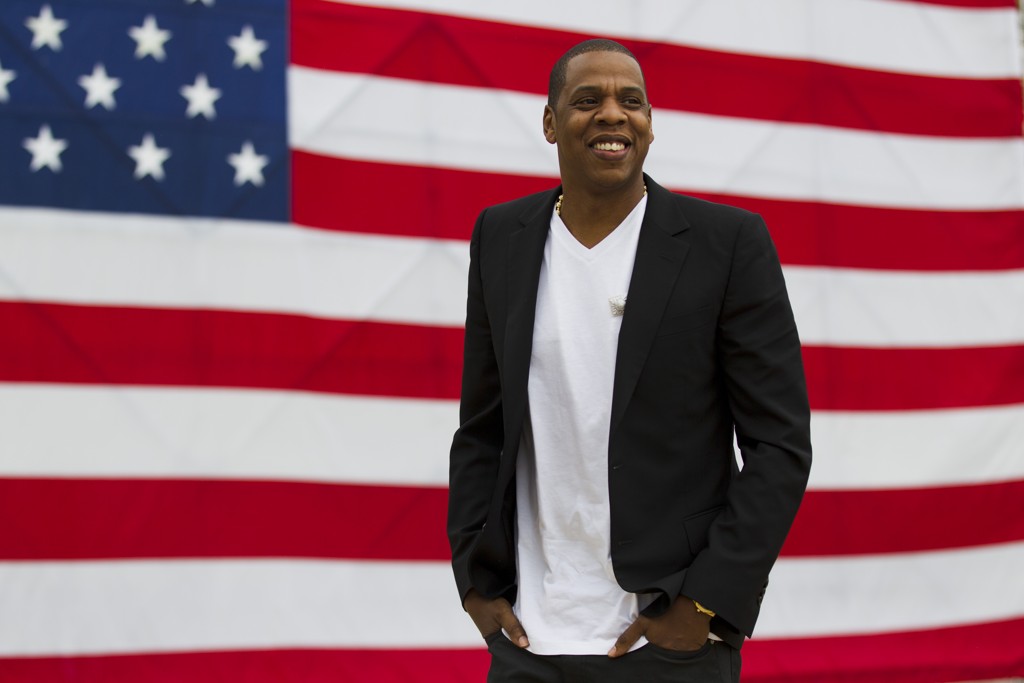When liberal hipsters turn out to be ruthless capitalists too
It seems to be a pretty widespread and more or less accepted assumption that the next generation of folks entering the workplace are more concerned with an organization's reputation for responsibility, for doing 'good', and for acting as a good community citizen than were prior generations. Where the boomers and Gen X were much more pragmatic (and possibly cynical), the Gen Y and Gen Z and the whatever comes next cohorts are going to evaluate organization's commitments and actions in the community and towards their customers and employees much more closely and critically when they make their decisions about where to work and (probably more importantly), where to spend. Like another nemesis of mine, 'Culture eats strategy for breakfast', (don't get me started...), this notion has been reported on and repeated so many times that I think it is worth considering if, you know, it actually isn't true, or at least isn't completely accurate.
I started thinking about this when reading about of a new play titled World Factory being staged in London at the Young Vic theater. In the play, audience members participate in what is essentially a global business strategy game, placed into teams who have the job of navigating a fictional global clothing manufacturer through a complex set of scenarios and decisions. It is basically like the kind of gamified scenario exercise you'd see in any college business strategy class. But what has been happening at World Factory is kind of interesting.
From a recent review of World Factory in the Guardian:
The audience becomes the cast. Sixteen teams sit around factory desks playing out a carefully constructed game that requires you to run a clothing factory in China. How to deal with a troublemaker? How to dupe the buyers from ethical retail brands? What to do about the ever-present problem of clients that do not pay? Because the choices are binary they are rarely palatable.
The classic problem presented by the game is one all managers face: short-term issues, usually involving cashflow, versus the long-term challenge of nurturing your workforce and your client base. Despite the fact that a public-address system was blaring out, in English and Chinese, that “your workforce is your vital asset” our assembled young professionals repeatedly had to be cajoled not to treat them like dirt.
And because the theatre captures data on every choice by every team, for every performance, I know we were not alone. The aggregated flowchart reveals that every audience, on every night, veers towards money and away from ethics. But what shocked me – and has surprised the theatre – is the capacity of perfectly decent, liberal hipsters on London’s south bank to become ruthless capitalists when seated at the boardroom table.
Fascinating, and possibly kind of revealing as well. It is certainly much, much easier to say that corporate ethics and community responsibility is important in making employment and consumer decisions. But, even in a fictional exercise like World Factory, it is often, (maybe always), much harder to live and take decisions that are 'responsible' when facing incredibly tough business, environmental, and social challenges.
Business if often messy. Capitalist systems often force tradeoffs to be made, ones that at least according to what we think we know about Gen Y and Gen Z are not in line with those generations world views. But once Gen Y and Gen Z are actually in charge? World Factory is just one small exercise, but what if it hints at what Boomers have known for a while - every generation follows pretty much the same trajectory as they mature, take on more responsibilities, and get more experience in how the world works.
And then in about 10 or 15 years we will have moved on to a new set of young people who will be lamenting the materialistic robber barons formerly known as Gen Z.
Have a great week!

 Steve
Steve

